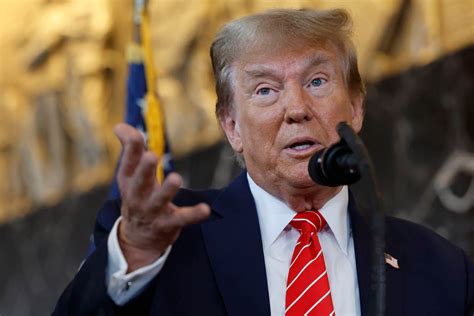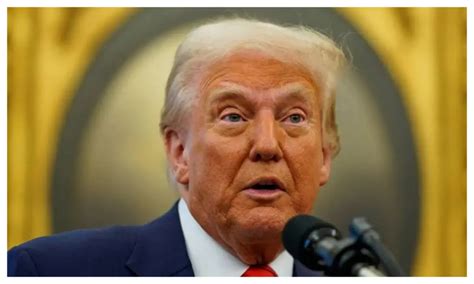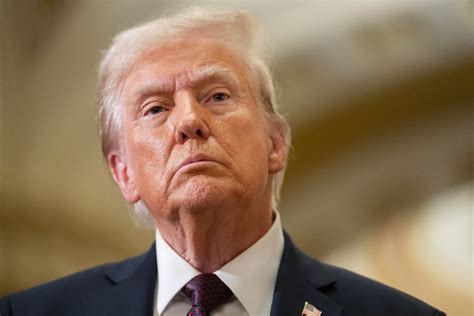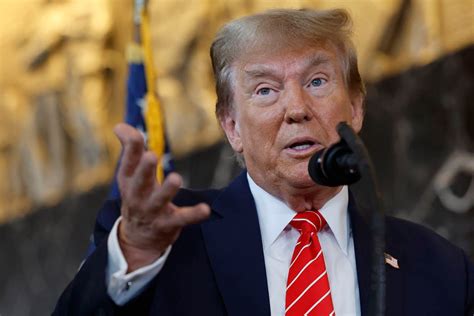
Trump’s Health Overview
Understanding Trump’s health is crucial to comprehending the dynamics of his presidency and its broader implications. Over the years, various reports have highlighted both significant health events and general concerns regarding his well-being. For instance, issues such as his diet, exercise routines, and past medical interventions can shape public perceptions and political narratives. The importance of these factors is underscored by how they influence voter confidence and policymaking decisions. Moreover, as Trump’s health status evolves, it is likely to affect not only his leadership capabilities but also the reactions from political opponents and the media. As such, analyzing these elements offers important insights into how health remains a key factor in American politics. For more detailed coverage of healthcare-related issues during his presidency, visit Trump White House Archivesor explore the impact of immigration policies on health at American Immigration Council.

Assessing Trump’s Medical History
Donald Trump’s medical history has come under scrutiny during his presidency, raising questions about his fitness for office. A comprehensive examination of his past reveals a mix of health issues, including elevated cholesterol levels and past use of medications. Notably, his 2020 health examination sparked significant media attention, mainly due to the lack of transparency regarding some test results. As health is a crucial aspect influencing public perception, Trump’s medical conditions have often been highlighted by both supporters and critics as they shape opinions about his ability to govern effectively. Furthermore, the implications on policies surrounding healthcare and public health arise when considering how a president’s health can impact decision-making processes. For instance, the actions taken by Trump regarding transparency in healthcare prices and global health policies can be seen as interconnected with his own health narrative. More insights on this subject can be found in this overviewand this fact sheet.
Health Concerns and Public View
Trump’s health has been a focal point of public discussion, influencing how citizens perceive his effectiveness as a leader. Recent surveys indicate that a significant portion of the electorate expresses concern about his age and stamina, linking these factors to his capability to govern. This growing anxiety is echoed in various forums, including social media and mainstream news outlets, where discussions revolve around viable leadership amidst health issues. Specifically, Trump’s medical history raises questions about transparency and trust. According to USA Today, candidates are often scrutinized for their health status, as it is believed to reflect their potential for effective service. Moreover, external analysis from the Commonwealth Fund highlights the broader implications of healthcare policies during Trump’s presidency that resonate with public anxiety around executive health challenges (Commonwealth Fund). The interplay between public sentiment and Trump’s health could be pivotal in shaping voter behavior in upcoming elections.
Political Implications of Health
Trump’s health issues have significant political ramifications, influencing not just public opinion but also party dynamics and electoral prospects. Political analysts argue that the state of a sitting president’s health can shift voter priorities and reshape campaign strategies. For instance, concerns about Trump’s well-being have prompted discussions around his capability to lead effectively. Many experts emphasize that a candidate’s fitness can sway undecided voters; as noted by an analyst stating, "> A president’s health is not just a personal matter; it reverberates through the political landscape." Additionally, the Republican Party may find itself compelled to address Trump’s health more proactively in future campaigns to maintain voter confidence and support. This environment fosters an atmosphere where political opponents capitalize on any perceived vulnerability related to Trump’s health. Therefore, as his presidency continues, the interplay between his health status and political stability is likely to remain a crucial focus for both supporters and opponents alike. For more insight into Trump’s medical challenges, refer to sources discussing his condition hereor watch testimonies on related policy impacts here.

Trump’s Health and Policy Shifts
Trump’s health has the potential to significantly influence his policy decisions and, consequently, the direction of the nation. For instance, health complications can lead to a more cautious approach to policy-making, as leaders may prioritize stability and health services over ambitious reforms. Moreover, public perception of Trump’s fitness can shape political support; a leader perceived as unwell may struggle to rally backing for significant initiatives. This situation is compounded by concerns surrounding public health management, especially in light of current events such as the launch of a new West Coast Health Alliance aiming to uphold scientific integrity in public health amidst rising challenges (source). Additionally, Trump’s diagnosis with chronic venous insufficiency raises questions about his ability to withstand the rigors of office and engage actively in policy discourse, reflecting a broader trend among older Americans facing similar health challenges (source). Thus, the interplay between health and policy remains critical as Trump’s presidency continues to evolve.
Impact of Well-being on Politics
The health of a political leader can significantly influence the landscape of governance and the public’s perception of political stability. When a leader like Trump faces health issues, it often incites a ripple effect across party lines, affecting both allies and opponents. Concerns about leadership capability can lead to questions regarding decision-making power and overall competence. This kind of doubt may shift public opinion and even prompt discussions about succession plans. Moreover, voter sentiment tends to correlate closely with how well they perceive their leaders to be managing their health and responsibilities. As Trump’s well-being continues to unfold in the public eye, its implications may influence legislative agendas and campaign strategies, shaping the narrative for upcoming elections. A robust political presence requires not only physical fitness but also the ability to project confidence, which can be undermined by health concerns. Consequently, the interplay between Trump’s health and his political standing underscores the critical connection between personal wellness and effective governance.
Future Prospects for Trump and America
As Trump’s health continues to be a focal point of public discourse, it sets the stage for crucial decisions ahead. The interplay between his vitality and his leadership capabilities may significantly influence upcoming election cycles and policy initiatives. Voter perceptions will likely hinge on how effectively he can address both domestic and international challenges, particularly if any health issues emerge. Furthermore, political opponents may capitalize on concerns regarding his well-being to question his fitness for office, shaping the narrative around his candidacy. As the political landscape evolves, Trump’s health will remain a pivotal factor in shaping both his future and that of America, affecting everything from legislative agendas to public trust in government leadership.
Public Reactions to Trump’s Fitness
Public reactions to Trump’s fitness have been varied and reflect a complex interplay of emotions and opinions. Some supporters express unwavering confidence in his health, citing his resilience and ability to handle the demands of the presidency. Conversely, critics often question his capacity to lead, highlighting concerns related to his age and health history. Social media has played a significant role in shaping these perceptions, as debates about his fitness frequently trend online, prompting further discussion among both supporters and detractors. Additionally, major news outlets contribute to the narrative, offering analyses that range from optimistic takes on his stamina to dire warnings about potential implications for governance. This dialogue not only influences public perception but also places pressure on Trump’s administration as it navigates political dynamics influenced by these health-related narratives. The reactions underscore the integral role that personal health plays in public politics, with far-reaching effects on both voter sentiment and key policy debates.
